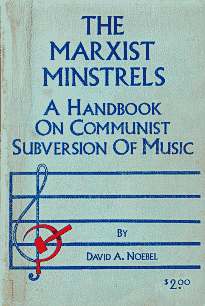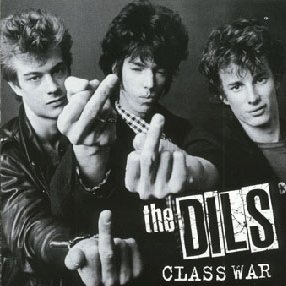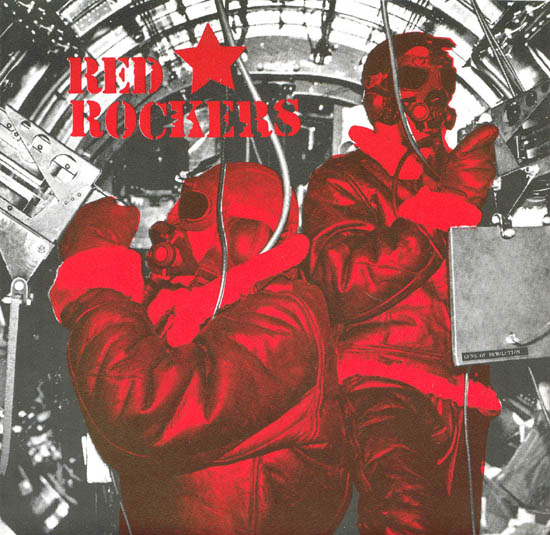
talk of Perry Anderson (someone I've been investigating as a knock-on of re-grappling with the incomparable turgor of Fredric Jameson's Postmodernism - supposedly Anderson's The Origins of Postmodernity is a remarkable elucidation of Fred's work on pomo and its relationship with Late Capitalism) reminded me that recently I stumbled across, for the second time, an online deposit from Anderson's shortlived foray into rock criticism. This was in the New Left Review, at the cusp of the Sixties into Seventies, but using the pseudonym Richard Merton. And judging by this one piece, not bad at all: I particularly enjoyed the swipe at Dylan:
"Suffice it to say that Dylan’s undoubted historical importance should not be confused with his aesthetic claims. Within the metamorphoses of American rock, he plays something like the same role as Chateaubriand, fons et origo of European romantic literature in the last century: an omnipresent influence, monumentally reedy, vain and feeble in itself, yet paradoxically fecund and liberating for its successors, because of its impacts on genre, Dylan’s self-pitying verse and prophetic posturings again and again produce inferior art (sometimes nauseatingly so — items such as "Just Like a Woman" are a nadir by any criteria). Yet out of these vapourings have emerged groups like the Byrds and the Band."
Better than "not bad at all," though, is the fellow New Left Review contributor that Merton/Anderson is here arguing with, one Andrew Chester, who penned the initial piece, "For A Rock Aesthetic" (shades of Carducci, but from the opposing side of the political barricades), and who then returns to respond to Merton/Anderson's critique with "Second Thoughts on a Rock Aesthetic: The Band". Chester's opposition between "extensional" and "intensional" modes of development in music seems to have loads of applications, and indeed I applied this very dichotomy in a small way in one of the more theory-oriented chapters in Energy Flash, having first come across it cited and deployed in Simon Frith's Performing Rites. But whereas Merton/Anderson went on to become a major figure in modern Marxism, I can't find any clues online to indicate what Chester went on to do or be. (Unless this is the same chap, which there's no real reason to believe--plus a 37 year gap between publications seems unlikely). Anybody knows what happened to this guy? And is there a lot more decent rock writing tucked away in the NLR archives (Chester's piece alludes to an article on the Stones by Alan Beckett) or was it all just a brief infatuation?

Another question is why Perry Anderson felt obliged to adopt an alter-ego to do his rock writing. Was pop culture at that point still considered a bit infra-dig and insubstantial for yer proper Marxist scholar to be expending intellectual energy on?
